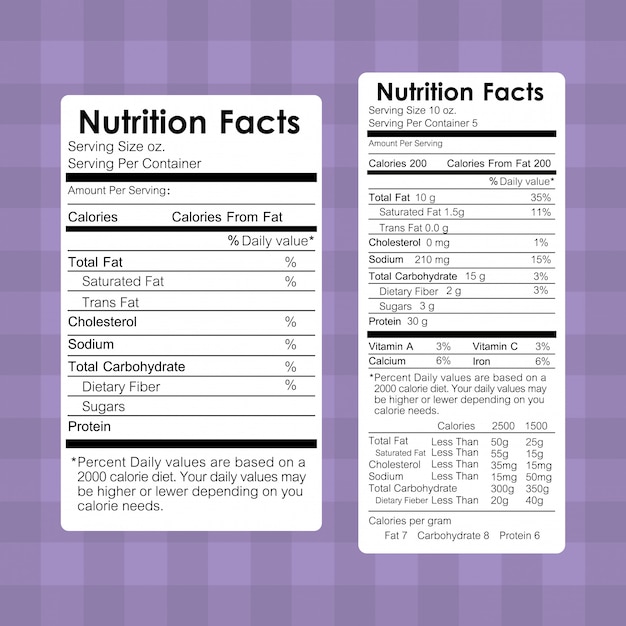

A balanced diet is often seen as the cornerstone of a healthy lifestyle, but some people take healthy eating to an extreme. This can lead to a condition known as orthorexia, an unofficial syndrome characterized by an obsession with eating only “pure” foods. People with orthorexia impose multiple dietary restrictions on themselves, which can deprive their bodies of necessary nutrients. It’s important to recognize the signs that you or someone you know may have crossed the line from healthy eating to orthorexia.
Orthorexics typically avoid three main food groups, all of which are essential for a balanced diet: gluten, animal products like eggs, meat, and dairy, and fats. While gluten intolerance and allergies are common, not everyone who avoids gluten is actually celiac or intolerant. If someone insists on following a gluten-free diet without medical advice, it may be a sign of orthorexia. Similarly, avoiding all sources of fats and animal products without a specific health reason can also indicate this condition. Although not every vegan, gluten-free, or low-fat dieter has orthorexia, a combination of extreme dietary restrictions with other symptoms may suggest disordered eating.
Dr. Steven Prinz, Director of the Eating Disorder and Anxiety Programs at Linden Oaks at Edward in Naperville, IL, highlights the dangers of orthorexia. “Eventually, some patients with orthorexia may eat only a few select fruits and vegetables,” he says. “The danger is that they become deficient in protein, iron, B vitamins, and other essential nutrients. They lose an unhealthy amount of weight, even though that’s not their intention. They’re more concerned about the quality than the quantity of food.”
Eating healthy is generally a good habit, but it’s possible to take it too far. If you notice that you or someone close to you has developed an overly restrictive diet, it’s crucial to be aware of the symptoms of orthorexia. While it’s okay to limit your intake of certain foods, completely avoiding entire food groups can lead to health problems. It’s easy to overlook an issue when it seems healthy at first glance, but understanding the risks and being mindful can help prevent these problems.

